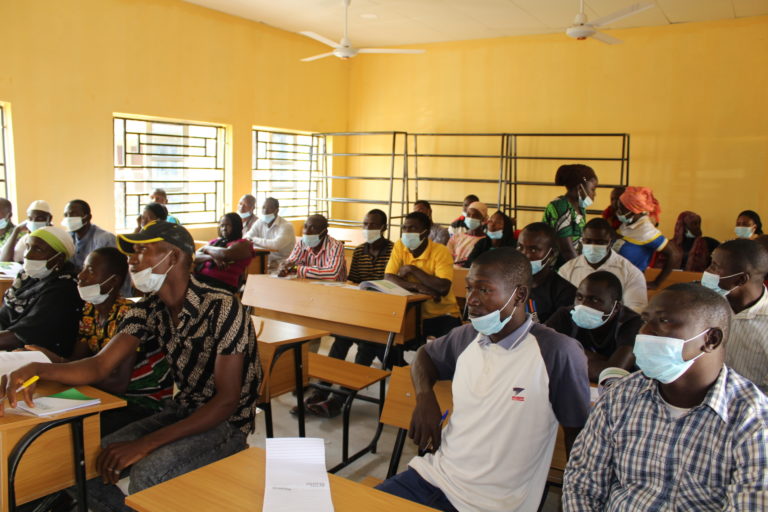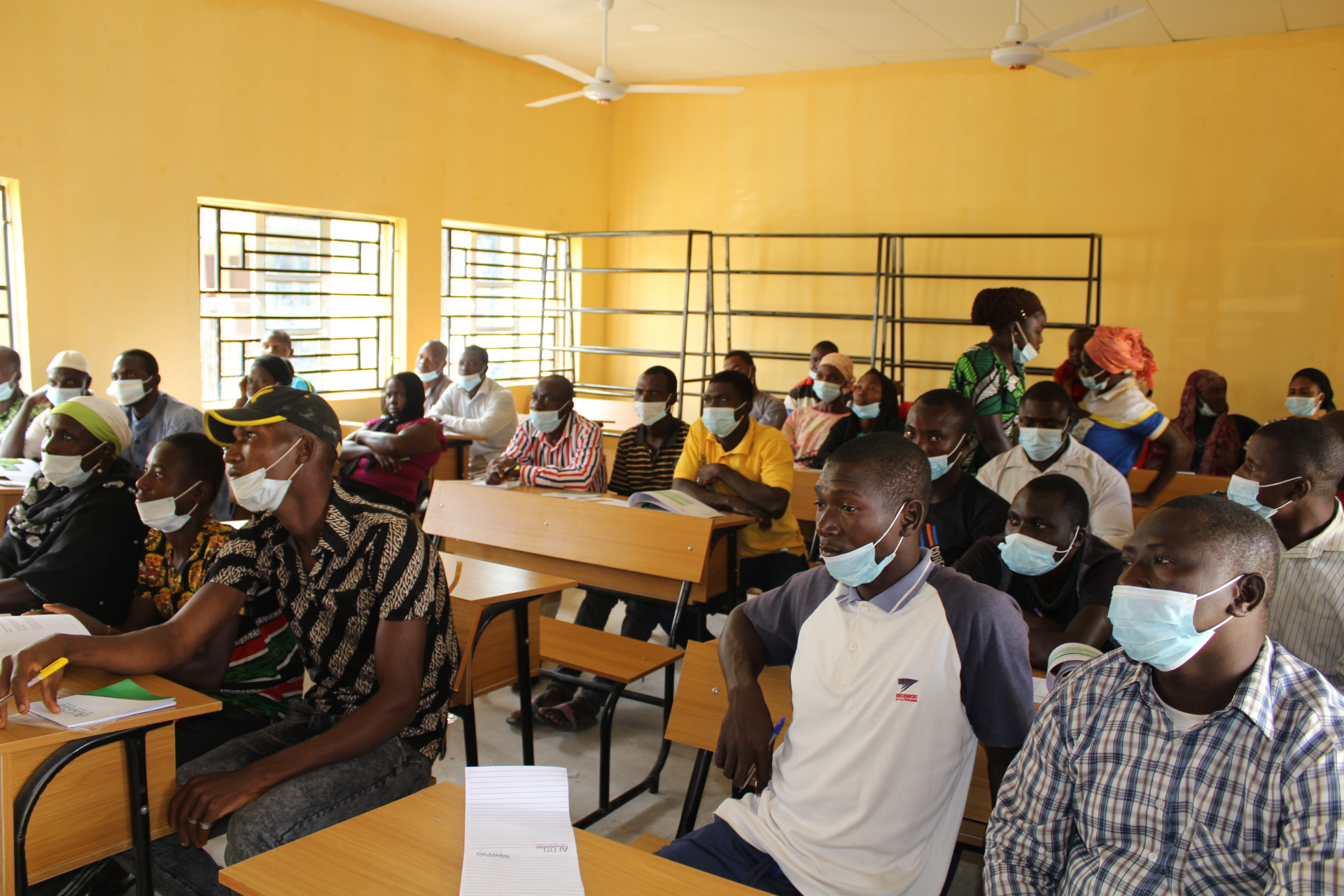
Through our AGRAR project Phase II in Nigeria, AFOS INGO is dedicated to building the capacity of smallholder farmers in Nigeria through tailor-made training- program focusing on agronomic practices, business management, and financial management in order to increase their output and income levels as well as enable smallholder farmers to leverage maximally the financial and technological interventions that are expected to guide Nigeria towards agricultural self-sufficiency. The program focuses on 3 key areas of development namely:
(1) developing sustainable agronomic practices,
(2) business management as it relates to agricultural production, and
(3) effective cooperative formation.
This will result in improved agricultural practices, rural wealth creation and productive synergy within the value chain ecosystem.
The smallholder farmer livelihood enhancement program is part of AFOS interventions delivered through the AFOS INGO AGRAR Phase II project which runs from March 2021 – December 2024. The objective is to build the capacity of smallholder farmers predominantly across the grain and pulses, poultry, aquaculture, cashew, and cassava value chains, through a training program on farming best practices and farm management, in order to equip small-scale farmers with requisite skills that support increased yields and income.
Through a 3-day blended training program of classroom and field activities, AFOS is set to reach over 60,000 smallholder farmers by 2024 with these sustainable interventions. Having trained over 30,000 SHFs during phase 1 of the project, phase 2 targets to extend these capacity-building interventions to an additional 30,000 SHFs in 12 states to improve their agricultural skills and enable them to increase their yield and incomes.
Click to Download AFOS INGO Newletter-Q1 2022

